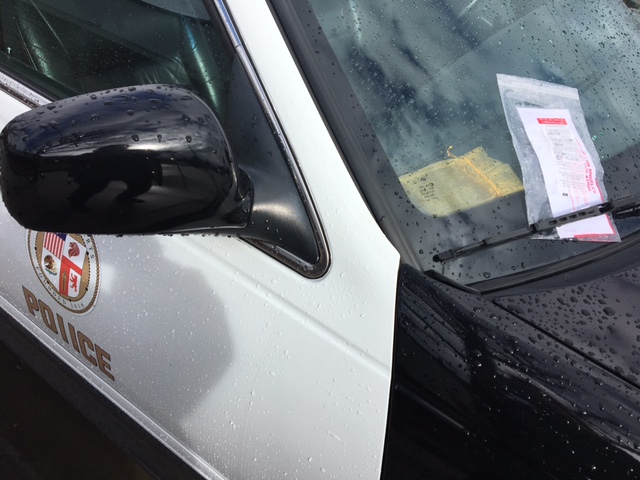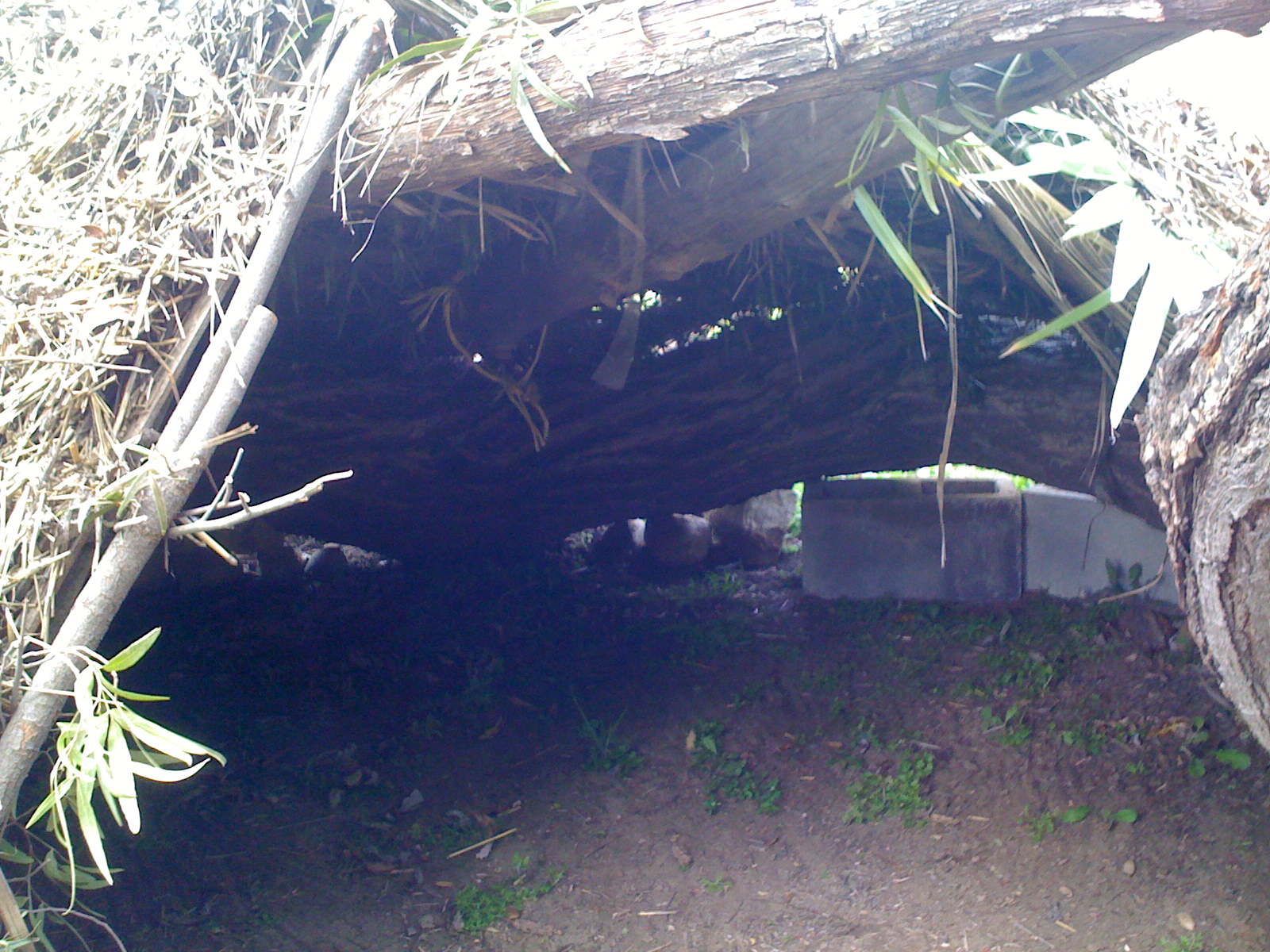
There is an old story that goes like this:
Two Skunks
Once there were two skunks, In and Out.
When In was in, Out was out,
and when Out was in, In was out.
One day Out was in, and In was out.
So Mother Skunk told Out:
“Out, go out and bring In in.”
So Out went out and brought In in.
“How did you find In so fast?” asked Mother Skunk.
“It was easy,” Out said: “Instinct.”
I liked that story when I was a kid, it had a lilt to it. I liked that when In was In, Out was out, and vice versa. I liked that there was a surprise ending, and that it had to do with stinking.
And still, as an adult, I like the in-and-out concept. It explains the balance sheet. It explains debits and credits. When something comes In, it had to have come Out of something else. And vice versa. The whole system of double-entry accounting revolves around this concept. Things don’t just come out of nowhere, or go nowhere. If you are handed a set of financials with holes regarding where things came from or where they went, something stinks.
Many client simply use spreadsheets, or paper and pencil, which is a single-entry accounting system. Or they treat their accounting software as if it is a single-entry accounting system, and don’t understand why you insist on looking at their balance sheet.
Well, at some point in your life, you are going to have to explain this concept. Most likely you won’t speak directly about debits and credits, but you allude to their existence when you point to the client’s financials and ask for an explanation for a negative account balance, or ask how they came up with enough money to pay their mortgage if they made no income.
Some clients lose track of where things have gone “into” and so when later it is time to take the things “out” they take them out of the wrong place, leaving unresolved accounts open. They enter their credit card transactions into their credit card register, and then when they pay their credit card, they enter the credit card payment as an itemized list of new expenses, rather than a satisfaction of the debt. Or maybe they enter a receivable on their balance sheet and then leave the receivable open after the money has come in. Or they show up with a handful of receipts and tell you to enter them to reimburse themselves, not realizing those expenses were already entered. Or they won’t track their credit card transactions at all, thinking that such transactions “don’t count.”
You would be surprised to find out how many people do not know the names of their investors, what amounts they received, what the pay-back terms are, or why the information would be important to someone.
Just don’t be surprised when a client says, “why do you need a balance sheet? Isn’t the profit and loss all that you need?” And no matter how you try to explain that the balance sheet “proofs” the profit and loss, or that the balance sheet contains the profit and loss plus so much more – they still don’t see why you like the balance sheet so much better than the profit and loss.
Th e balance sheet is kind of like the checks and balances of a government, whose function it is to give some transparency to the functions of government, and to expose lies and pretenses and the over-extension of power. It gives a trained observer the ability to see if things “add up,” and to ask questions.
e balance sheet is kind of like the checks and balances of a government, whose function it is to give some transparency to the functions of government, and to expose lies and pretenses and the over-extension of power. It gives a trained observer the ability to see if things “add up,” and to ask questions.
It is a marketing problem, truly, to market the balance sheet as an important financial document. Is there anyone who can come up with a good way to market it? A slogan, perhaps, with all the fashionable associations? How about, “keep your company stink free with this amazing, eco-balanced sheet.” How about, “Don’t hold the stink in, correct it with this balancing, clinically tested sheet.” How about, “Keep out the Denmark rot with this authentic, centuries-old invention of the balance-proofed sheet.” Or “follow your instincts with this sexy see-all balance sheet.” I want to hear people squeal with excitement and giggle when asked to produce a balance sheet. I want them to laugh with recognition when it is pointed out to them that something stinks.


